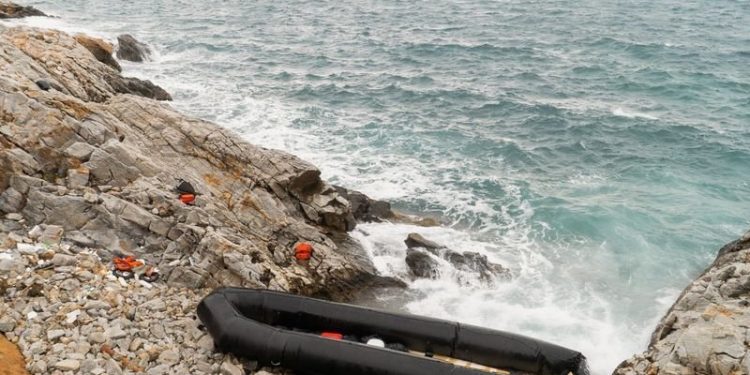The UK government is facing criticism over its Rwanda deportation policy, which is influencing migration patterns and raising legal questions between the UK and Ireland. Irish Deputy Prime Minister Micheál Martin has highlighted a significant trend where 80% of recent asylum seekers in the Republic have traveled through Northern Ireland, seeking to avoid the UK’s new policy of deporting certain asylum seekers to Rwanda.
The policy, which is aimed at deterring illegal migration by sending migrants to Rwanda for processing, has been cited by Martin as a driving factor for the increased movement of migrants into Ireland. This situation has prompted Dublin to explore legal measures to return asylum seekers to Northern Ireland, raising tensions between the two governments.
In response to these developments, UK Prime Minister Rishi Sunak has defended the effectiveness of the policy, noting that the decrease in migrants attempting to stay in the UK indicates the deterrent is working. His comments followed a statement from former Cabinet minister David Jones, who dismissed the feasibility of Dublin’s plan to return migrants, suggesting that even if returned, they might attempt the crossing again.
Amidst this backdrop, discussions are ongoing between Irish Justice Minister Helen McEntee and UK Home Secretary James Cleverly, aimed at addressing the complex migration issues. McEntee has emphasized the need for swift legislative action to manage the asylum process more effectively, reflecting Ireland’s commitment to maintaining a robust and fair migration system.
This diplomatic strain comes as the European Commission considers similar asylum strategies to the UK’s, indicating a broader shift in how EU countries might handle asylum seekers in the future.
As the debate continues, both the UK and Irish governments are navigating the delicate balance between national security, international law, and humanitarian obligations.



























